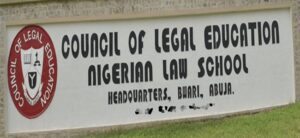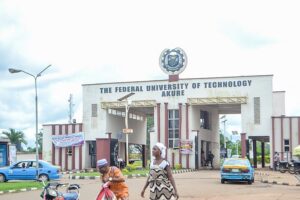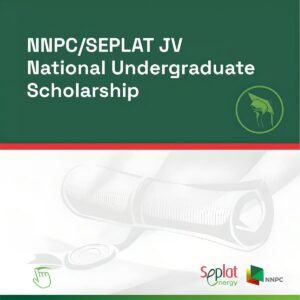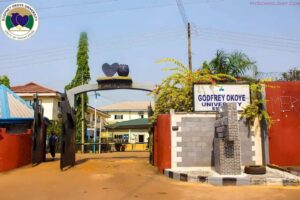Nigeria’s Universities Can Only Admit 700,000 out of 2 Million Annual Applicants – NUC
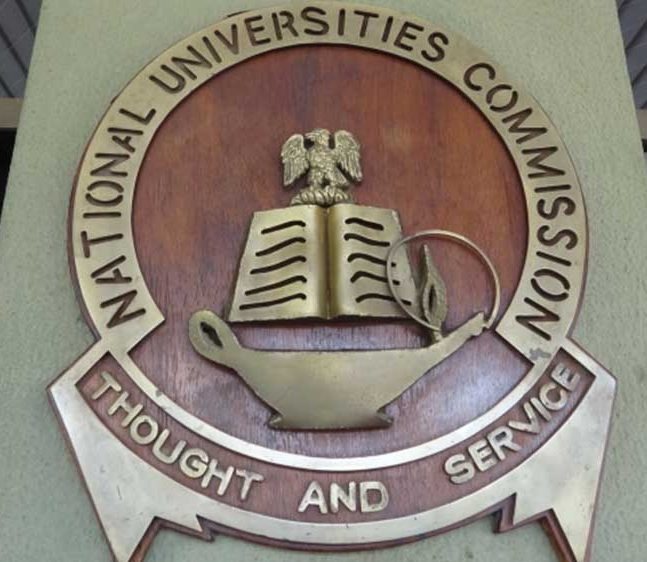
Nigeria’s higher education landscape is facing a significant challenge as the National Universities Commission (NUC) recently reported that the country can only admit 700,000 out of approximately 2 million annual applicants. This staggering statistic highlights the growing gap between the number of students seeking higher education and the limited opportunities available to them.
The Admission Crisis
Every year, over 1.7 million candidates sit for the Unified Tertiary Matriculation Examination (UTME), but only about 400,000 secure admission into universities. This leaves more than a million hopeful students without access to tertiary education, underscoring a critical issue in Nigeria’s educational system. With a gross total enrolment rate of just 12%, Nigeria lags significantly behind global averages, which hover around 47%.
Underfunding and Infrastructure Challenges
The primary reason for this admission bottleneck is the chronic underfunding of public universities. Many institutions struggle with inadequate facilities, insufficient staff, and poor learning environments. Despite having 260 universities across the country, including federal, state, and private institutions, the existing infrastructure is often unable to support the influx of students seeking admission.
The NUC has indicated that many public universities operate below their carrying capacity due to these limitations. The lack of modern classrooms and essential amenities further exacerbates the situation, making it difficult for universities to accommodate more students effectively.
The Role of Private Universities
While private universities have emerged as an alternative, they are often unaffordable for many families. Over 90% of students enrolled in higher education are in public institutions, highlighting the reliance on these universities for accessible education. The high costs associated with private universities limit their appeal, especially in a country where economic challenges persist.
A Call for Reform
To address this crisis, experts suggest that reforms are necessary to enhance the quality and accessibility of higher education in Nigeria. This includes increasing funding for public universities, improving infrastructure, and optimizing staff-to-student ratios to ensure better educational outcomes. Currently, the student-teacher ratio stands at about 21:1, which can be as high as 30:1 in some institutions—far from ideal for fostering academic success.
Conclusion
The NUC’s revelation about the limited admission capacity of Nigerian universities serves as a wake-up call for stakeholders in the education sector. By prioritizing investment in higher education and addressing systemic issues within public institutions, Nigeria can work towards closing the gap between aspiring students and available opportunities. As the nation strives to build a more educated workforce capable of driving economic growth and innovation, every effort must be made to ensure that all qualified candidates have access to higher education.
This situation not only affects individual aspirations but also has broader implications for Nigeria’s socio-economic development. By tackling these challenges head-on, we can pave the way for a brighter future for countless young Nigerians eager to contribute to their communities and nation.
